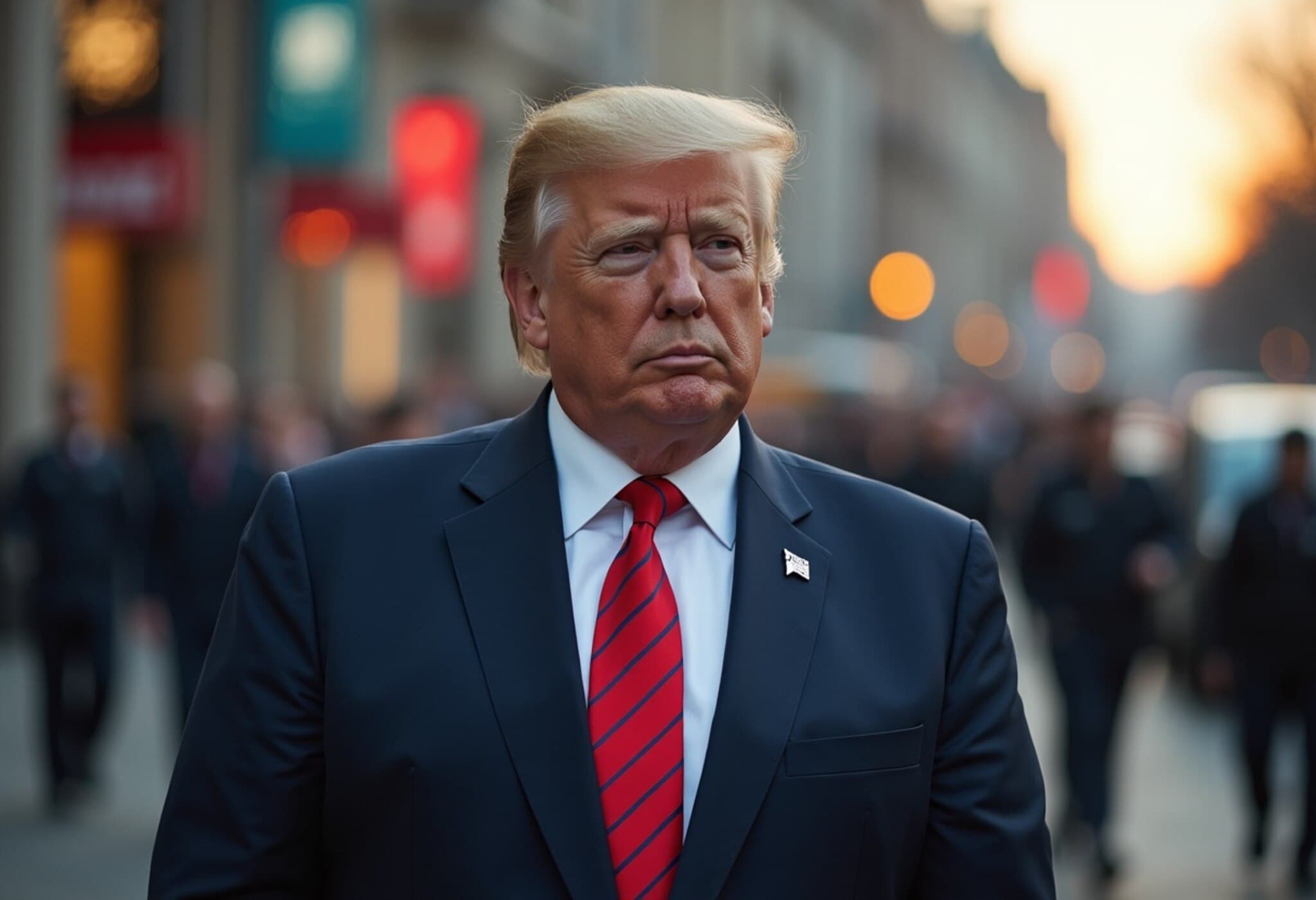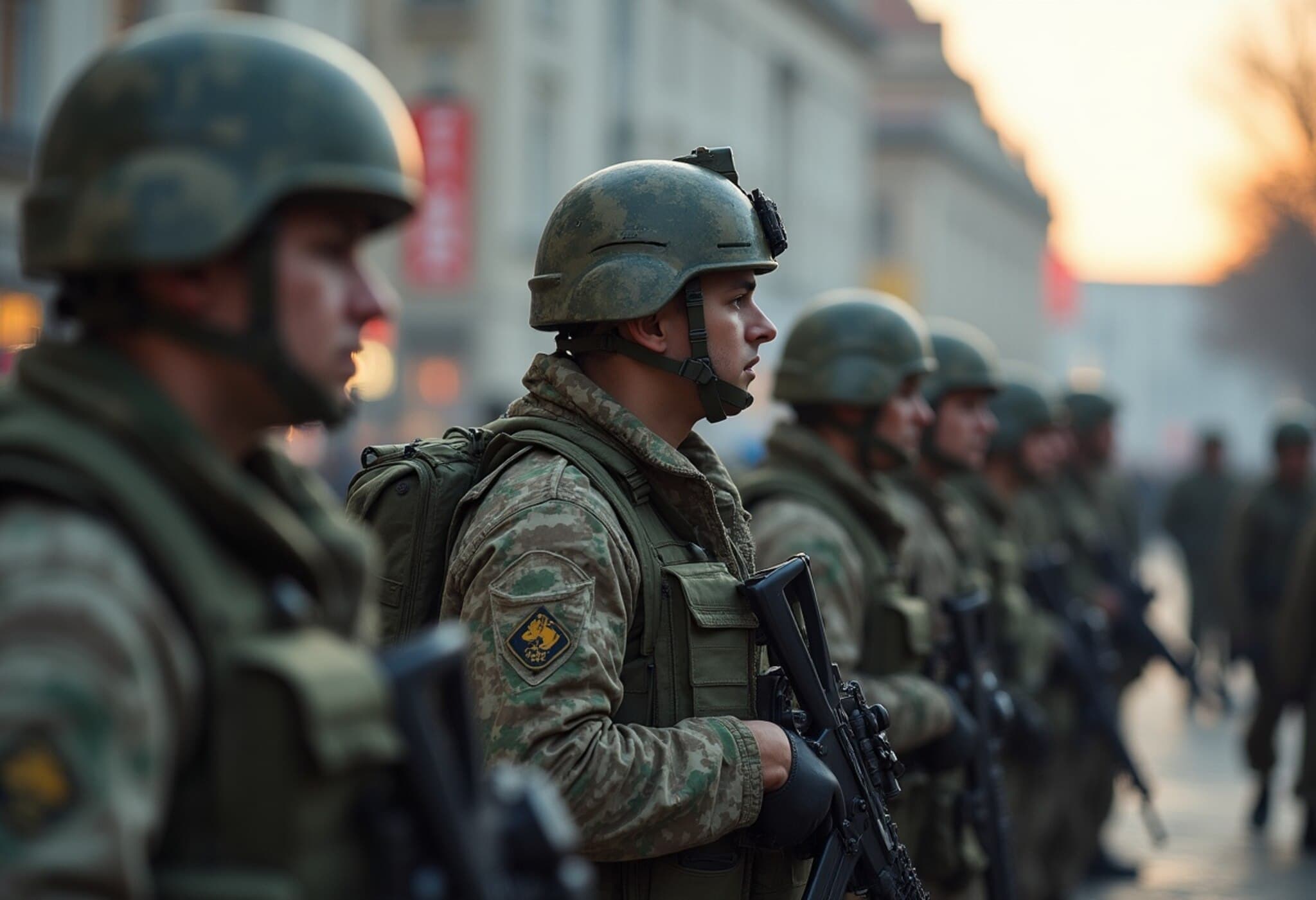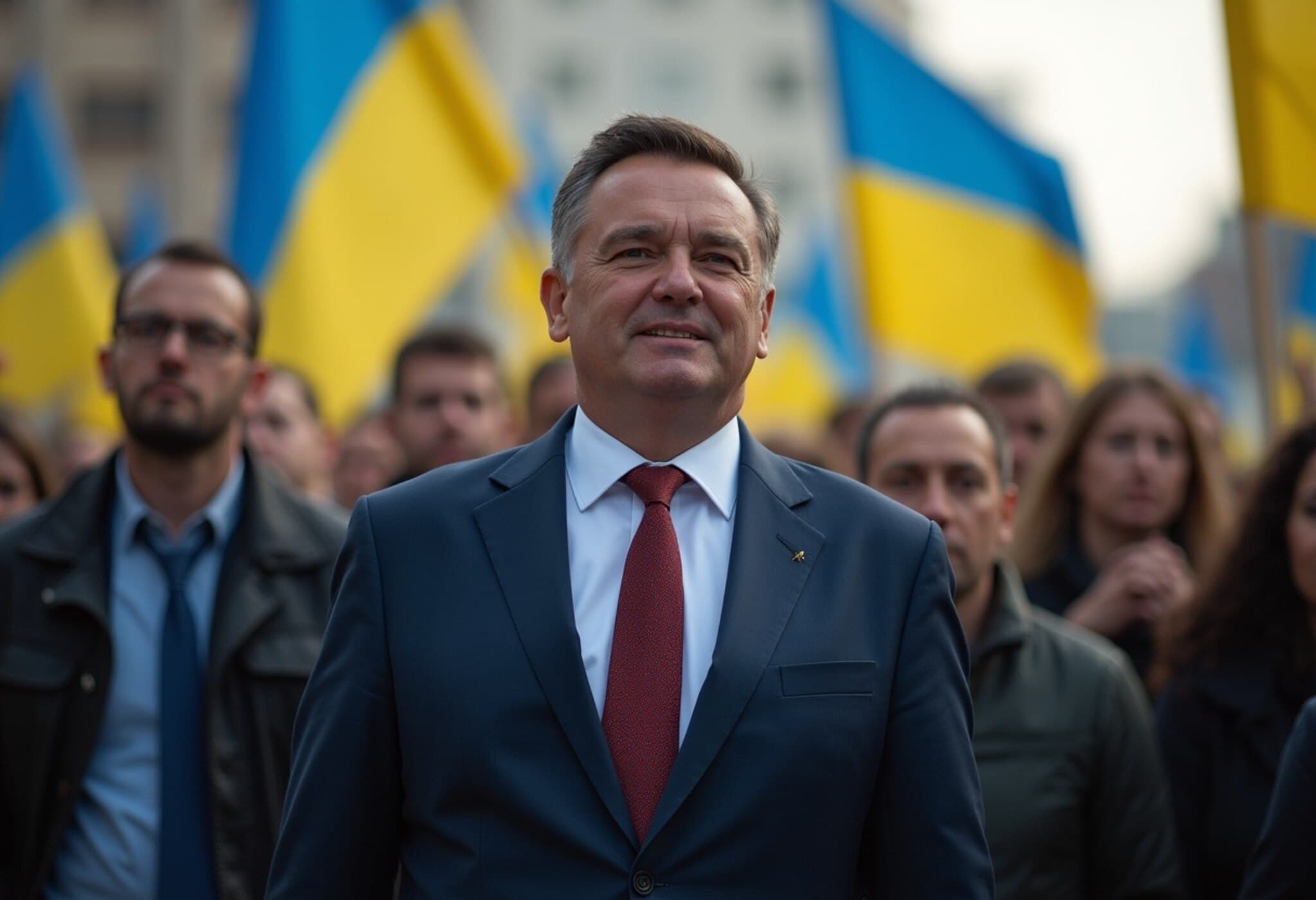Ukraine Breaks Up Extensive Defence Sector Corruption Network
In a significant blow to corruption within Ukraine’s defence apparatus, authorities have detained several high-ranking officials tied to an elaborate scheme involving the misappropriation of military funds. This development comes amid a turbulent political backdrop where the independence of Ukraine’s anti-corruption agencies was fiercely contested.
Background: A Battle Over Anti-Corruption Agency Independence
Only days before the arrests, Ukraine’s parliament passed a controversial law curtailing the independence of the National Anti-Corruption Bureau of Ukraine (NABU) and the Specialized Anti-Corruption Prosecutor’s Office (SAP), placing them under the direct supervision of the Prosecutor General, an appointee of President Volodymyr Zelenskyy. This move sparked widespread alarm domestically and among Ukraine’s international partners, raising concerns about potential political interference in corruption probes.
Following intense public protests and international pressure, President Zelenskyy swiftly reversed course, restoring NABU and SAP’s independence, acknowledging the critical role these bodies play in maintaining transparency and accountability, especially during wartime.
Details of the Corruption Scheme
The NABU revealed that the uncovered scheme systematically siphoned off state funds allocated by local authorities toward military necessities, specifically targeting electronic warfare and drone technologies. Investigations uncovered a pattern of inflated contract prices, with corrupt actors funneling approximately 30% of these amounts into illicit gain.
Those implicated span a broad spectrum of Ukraine's defence and political landscape, including:
- A sitting member of parliament
- Heads of regional and city administrations
- Officers within the National Guard
- Executives of defence manufacturing firms
While four arrests have been confirmed, the identities of those detained remain under wraps. The Ministry of Interior has indicated that suspected National Guard members involved in the scandal have been suspended pending further investigation.
President Zelenskyy's Response and Wider Implications
In a public statement, Zelenskyy expressed his appreciation for the anti-corruption agencies’ diligence, emphasizing that their independence is essential for effective governance and national security. He remarked, “It is important that anti-corruption institutions operate independently, and the law passed ensures they have every tool needed for a genuine fight against corruption.”
Earlier, Zelenskyy had defended the move to subordinate the anti-corruption bodies by alleging inefficiency and concerns about “Russian influence” within their ranks. However, the backlash — including Ukraine’s first anti-government street protests since Russia’s invasion in 2022 — forced a strategic reversal.
This incident shines a spotlight on the persistent issue of corruption deeply entrenched within Ukraine’s military and defence sectors — a vulnerability that has profound ramifications for the country’s ongoing conflict with Russia.
Contextual Insight: Why This Matters Now
Ukraine’s fight against corruption is not just a political formality but a critical factor that affects Western support and international confidence, particularly in securing financial aid and military resources to sustain the war effort. Effective and independent anti-corruption institutions reassure allies that their support is not being undermined internally.
The exposure of a high-profile corruption scheme in areas as sensitive as electronic warfare and drone procurement raises urgent questions about procurement transparency and oversight mechanisms in a country under siege, illustrating the challenges faced by nations attempting wartime reform.
Looking Ahead: Challenges and Opportunities
- Transparency Imperatives: Ensuring open procurement and monitoring systems in defence to safeguard funds.
- Political Will: Sustained leadership commitment to tackle corruption without political interference.
- International Cooperation: Continued support and pressure from international partners to reinforce anti-corruption norms.
- Institutional Strengthening: Empowerment and protection of watchdog bodies like NABU and SAP to operate unimpeded.
Editor’s Note
This case underscores the complex interplay between governance, conflict, and corruption in Ukraine. While the arrests mark a critical step toward accountability, the broader challenge remains institutionalizing integrity where stakes are extraordinarily high. How Ukraine balances anti-corruption reforms with geopolitical pressures will shape both its domestic resilience and its standing with global partners. Readers should watch closely how reforms evolve amidst the ongoing war and consider how corruption in defence sectors worldwide can undermine national security.



















